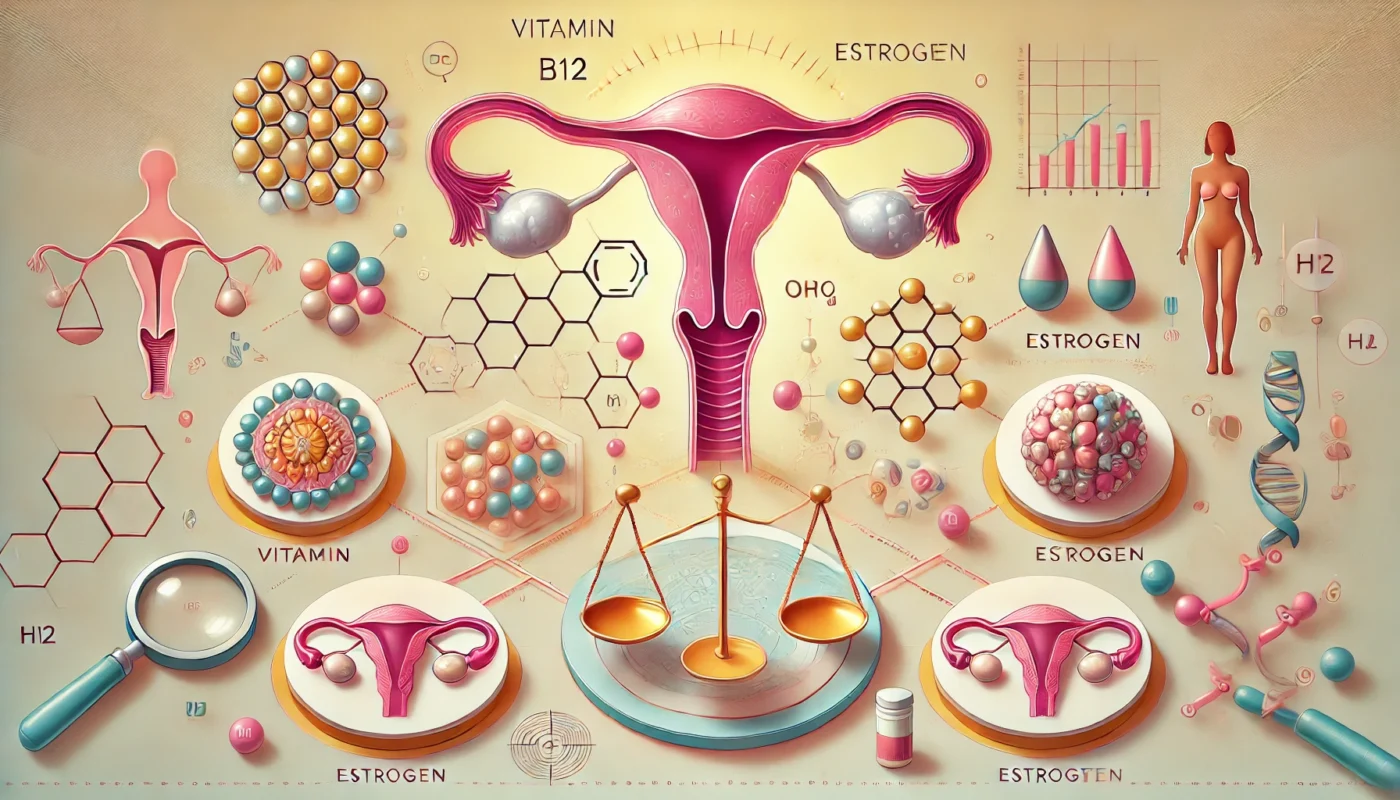In this article, we’ll delve into the science behind this connection, explore the role of Vitamin B12 in hormone regulation, and offer practical advice on how you might incorporate this knowledge into your health regimen. By gaining a deeper understanding of these interactions, you can make informed decisions about your dietary and lifestyle choices, which can positively impact your hormonal balance and overall health.
Tag Archives: Nutritional Health
Hypertension, or high blood pressure, is often referred to as the “silent killer” because it typically has no noticeable symptoms but poses significant risks for heart disease, stroke, and kidney failure. According to the World Health Organization (WHO), hypertension affects more than 1.28 billion adults worldwide. Early detection and consistent management are critical for preventing complications, and wearable technology is emerging as a game-changer in this arena. Wearable devices offer real-time blood pressure monitoring, data-driven insights, and personalized health recommendations, empowering users to take control of their cardiovascular health. This article explores the best wearable devices for tracking and managing hypertension, the technology behind them, and how they integrate with broader health strategies.
Hypertension, or high blood pressure, is a global health challenge affecting over 1.28 billion adults, according to the World Health Organization (WHO). Its status as a leading risk factor for heart disease, stroke, and kidney failure underscores the need for effective management strategies. Traditional methods of monitoring blood pressure, such as periodic clinical readings or at-home cuff devices, often fall short in providing the continuous, personalized insights needed for optimal care. Enter artificial intelligence (AI)—a technological revolution poised to transform hypertension management. This article explores how AI is reshaping blood pressure monitoring, enabling personalized care, improving outcomes, and addressing the unique challenges of managing hypertension in the 21st century.
Hypertension, or high blood pressure, is a chronic condition affecting nearly half of the global adult population, according to the World Health Organization (WHO). Often referred to as the “silent killer,” hypertension is a leading risk factor for heart disease, stroke, and kidney failure. While medications and lifestyle changes are fundamental for managing this condition, dietary interventions have gained widespread attention. Among these, leafy greens like spinach, kale, arugula, and Swiss chard stand out as nutritional powerhouses that support healthy blood pressure. Rich in essential nutrients like potassium, magnesium, and nitrates, these vegetables offer natural ways to regulate blood pressure and improve cardiovascular health. This article delves into the science behind the role of leafy greens in hypertension management and offers practical tips for incorporating them into your diet.




